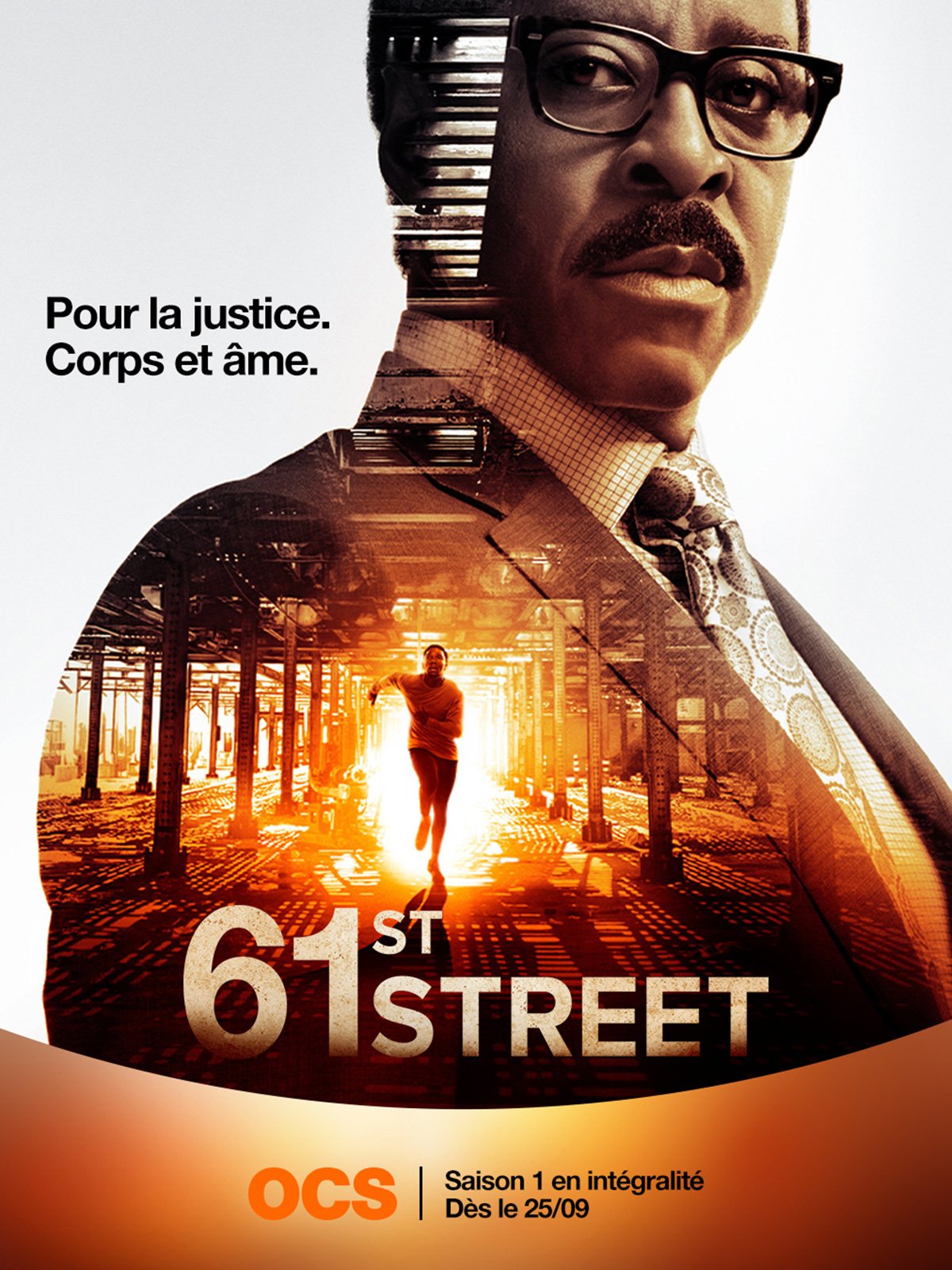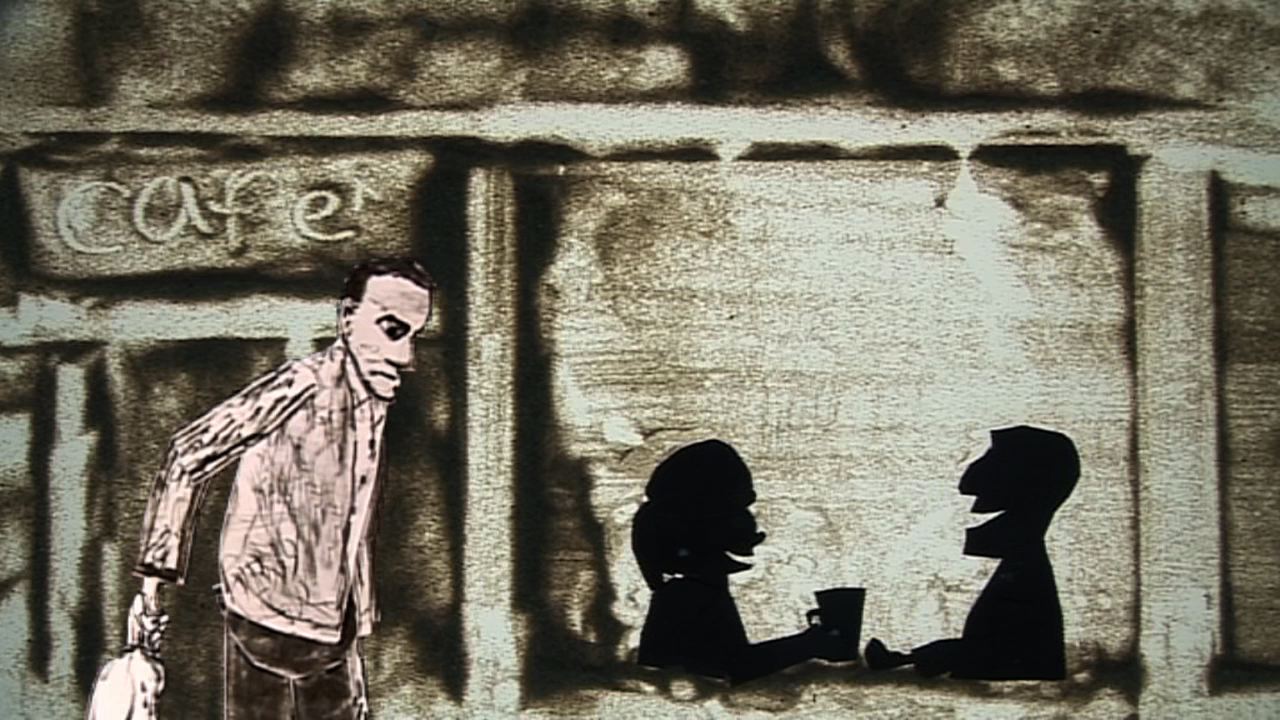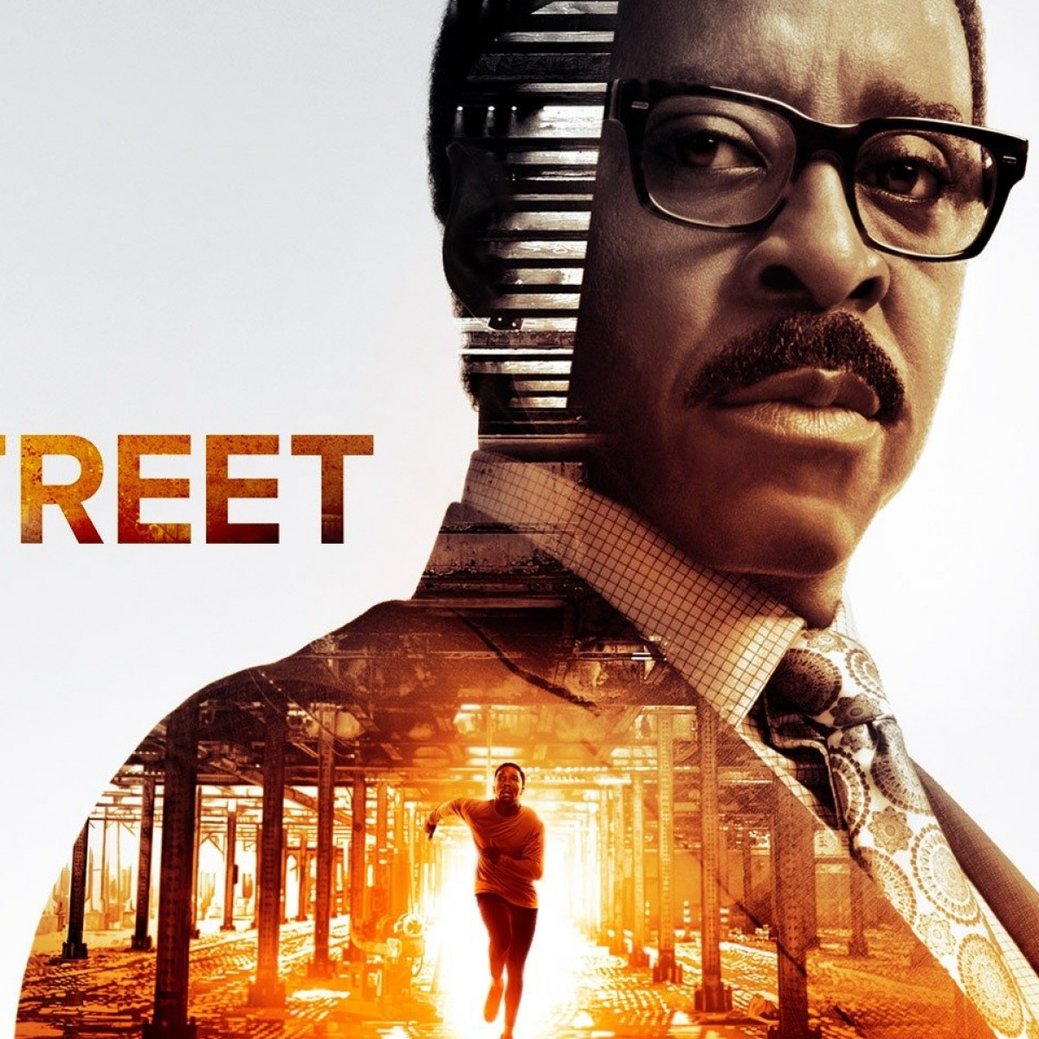The Gritty Realism of 61st Avenue: A Deep Dive into Energy, Corruption, and the American Justice System
Associated Articles: The Gritty Realism of 61st Avenue: A Deep Dive into Energy, Corruption, and the American Justice System
Introduction
With nice pleasure, we’ll discover the intriguing matter associated to The Gritty Realism of 61st Avenue: A Deep Dive into Energy, Corruption, and the American Justice System. Let’s weave attention-grabbing info and provide contemporary views to the readers.
Desk of Content material
The Gritty Realism of 61st Avenue: A Deep Dive into Energy, Corruption, and the American Justice System

AMC’s 61st Avenue, a criminal offense drama that originally premiered in 2022, just isn’t your typical courtroom procedural. It eschews the clear strains and predictable narratives usually discovered within the style, as a substitute choosing a uncooked, unflinching portrayal of systemic racism and the brutal realities of the American justice system. The collection, whereas fictional, resonates deeply with real-world points, providing a compelling and infrequently unsettling exploration of energy dynamics, corruption, and the devastating penalties of inequality. Via its advanced characters and complex plotlines, 61st Avenue calls for consideration not simply as gripping leisure, however as a potent social commentary.
The present facilities round Moses Johnson, a promising younger Black athlete wrongly accused of a criminal offense he did not commit. His arrest turns into a catalyst, exposing the deeply entrenched corruption inside the Chicago Police Division and the broader authorized equipment. The narrative unfolds throughout a number of timelines, weaving collectively Moses’s combat for justice with the parallel story of Franklin Roberts, a seasoned protection lawyer grappling along with his personal moral dilemmas and the load of a system he is each part of and preventing in opposition to.
One of many strengths of 61st Avenue lies in its refusal to supply straightforward solutions or simplistic morality. The characters are multifaceted and morally ambiguous, forcing the viewers to confront uncomfortable truths about human nature and the complexities of the authorized battleground. Moses, initially introduced as a sufferer, shows moments of defiance and even questionable actions, highlighting the pressures and limitations imposed by a system designed to marginalize him. Equally, Franklin, although striving for justice, navigates a world of compromises and ethical compromises, highlighting the troublesome decisions confronted by these preventing in opposition to an entrenched system.
The collection masterfully portrays the insidious nature of systemic racism, not as overt acts of prejudice, however as delicate but devastating biases embedded inside the establishments themselves. The biased profiling, the disproportionate sentencing, the shortage of assets allotted to marginalized communities – all these are meticulously depicted, showcasing how the system perpetuates cycles of inequality. The present does not shrink back from depicting the brutality of police encounters, the informal disregard for due course of, and the pervasive environment of mistrust that exists between legislation enforcement and the communities they’re presupposed to serve.
The portrayal of the Chicago Police Division is especially placing. 61st Avenue does not paint all officers with the identical brush. As an alternative, it presents a nuanced image, showcasing each the people who uphold their oaths and those that actively take part in corruption and brutality. This complexity provides layers to the narrative, emphasizing that the issue is not solely about "dangerous apples" however a systemic concern rooted in energy imbalances and a tradition of impunity.
The authorized battles depicted within the present are removed from the sanitized courtroom dramas usually seen on tv. The authorized maneuvering, the political machinations, and the behind-the-scenes offers are portrayed with a gritty realism, showcasing the imperfections and flaws inherent within the pursuit of justice. The present emphasizes the unequal entry to assets, the disparities in authorized illustration, and the best way the system usually favors these with energy and affect, no matter guilt or innocence.
Past the central narrative of Moses’s case, 61st Avenue additionally delves into the lives and experiences of assorted supporting characters, offering a broader perspective on the affect of systemic injustice. These characters, from members of the family to neighborhood activists, characterize the collateral harm of a flawed system, highlighting the ripple results of oppression and the methods wherein it impacts complete communities.
The present’s use of a number of timelines permits for a deeper understanding of the characters’ motivations and the historic context of their struggles. Flashbacks provide insights into Moses’s previous, revealing the circumstances that formed him and the challenges he confronted earlier than his arrest. Equally, flashbacks depicting Franklin’s profession reveal the gradual erosion of his idealism and the compromises he is made within the pursuit of justice. This multi-layered method enriches the narrative, including depth and complexity to the characters and their journeys.
Nevertheless, 61st Avenue is not with out its criticisms. Some viewers have discovered the pacing sluggish at instances, and the a number of timelines can often be complicated. Others have argued that the present’s bleakness could be overwhelming, providing little in the best way of hope or optimism. But, this very bleakness is arguably an important component of the present’s energy. It displays the tough realities confronted by many marginalized communities and forces viewers to confront the uncomfortable truths in regards to the American justice system.
The present’s dedication to realism extends past its portrayal of the justice system. It additionally affords a compelling depiction of the social and financial circumstances that contribute to inequality and crime. The present does not shrink back from depicting poverty, gang violence, and the shortage of alternative that plagues many marginalized communities. This unflinching portrayal highlights the systemic elements that contribute to crime and the necessity for broader societal change.
In conclusion, 61st Avenue is a robust and provocative collection that challenges viewers to confront the uncomfortable realities of systemic racism and the failings inside the American justice system. Whereas its bleakness and complicated narrative won’t enchantment to all viewers, its dedication to realism and its exploration of multifaceted characters make it a major contribution to the crime drama style. It is a present that stays with you lengthy after the credit roll, prompting reflection on the injustices that persist and the pressing want for reform. It is not only a story a couple of wrongful arrest; it is a highly effective indictment of a system that perpetuates inequality and the continuing combat for justice in a world the place the scales of justice are removed from balanced. The present’s legacy will possible be its skill to spark dialog and demanding fascinated with the profound points it tackles, leaving a long-lasting affect on viewers lengthy after the ultimate episode.








Closure
Thus, we hope this text has offered invaluable insights into The Gritty Realism of 61st Avenue: A Deep Dive into Energy, Corruption, and the American Justice System. We thanks for taking the time to learn this text. See you in our subsequent article!

